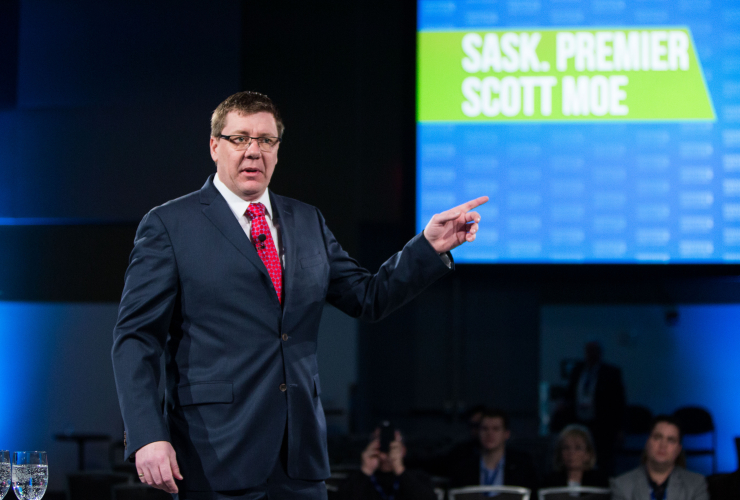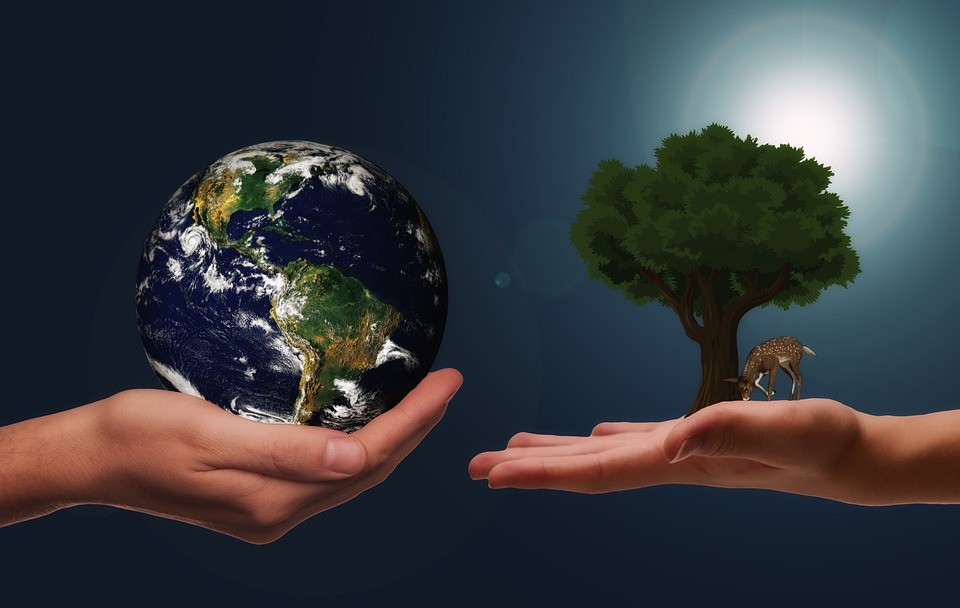On Nov. 12, 2022, The Guardian reported that the College of Barcelona turned the primary college on the earth to determine a compulsory course addressing the local weather disaster for all of its undergraduate and graduate college students. The transfer, in line with economics professor Federico Demaria, marks a “change within the paradigm of college training.” The course was one of many principal calls for of a seven-day scholar strike on the college calling for divestment from fossil gasoline corporations. Lucía Muñoz Sueiro, an Finish Fossil activist and PhD scholar on the college, famous to The Guardian that the course isn’t about sustainable growth, however as an alternative “combines the social and ecological points of the disaster, that are interrelated.”
For us, each instructing programs about local weather change within the social sciences departments at universities in Ontario for 3 years and one 12 months, respectively, the important thing in Muñoz Sueiro’s assertion is the interrelatedness of the social and ecological points of the local weather disaster.
We interpret this historic resolution as a name to motion for universities in Ontario. Just some years in the past, nearly no programs existed that regarded on the relationship between the social and pure sciences causes of local weather change. Right this moment, progress is being made, with over a dozen programs now provided at main universities throughout the province. However none of these are necessary programs for all undergraduate college students, no matter their self-discipline.
For a number of a long time, there was widespread consensus inside the pure sciences analysis neighborhood that our planet is warming and that this warming is human-induced. And regardless of the closely funded and unrelenting denialism and greenwashing fuelled by the fossil gasoline business, the information in regards to the bodily foundation of local weather change has solely change into extra strong and refined over time.
In distinction, inside the social sciences (excluding partially economics and some specialised fields), the Nineteen Seventies rang in a interval of distancing between the social and pure sciences, partly as a consequence of paradigm modifications happening in a big variety of fields.
Within the final decade, because the disaster has made its method into residing rooms both with excessive climate or with every day information reminders, there was an explosion of analysis into myriad points linked to local weather change from historical past, sociology, political science, anthropology, and different fields. Nonetheless, a number of the most necessary analysis subjects are of their embryonic levels of collective dialogue and we’re nonetheless distant from reaching any semblance of consensus.
This truth poses important challenges for these of us endeavouring to show in regards to the “social points” of the local weather disaster inside our respective disciplines because of the complexity (from financial points to tradition), international scale, and historic depth of this disaster.
What persons are studying

However it’s largely from the social sciences that concepts about find out how to arrange our societies, economies, and communities emerge. And because the planet continues to quickly heat, we discover ourselves going through a college scholar inhabitants armed with a usually first rate repertoire and understanding of pure science however feeling depressed and overwhelmed by the shortage of options and political actions being taken to fight it. For us, that is symptomatic, partly, of a restricted understanding that goes beneath the floor of “human-induced” local weather change as a consequence of this catching up of kinds within the social sciences. Our function is to look at: Are all people responsible or a selected type of society? What are the political and financial forces of denial and obstruction? What are the actions constructing a post-carbon future?
These are exactly a number of the questions we’re addressing in our programs at Carleton and Trent universities and over the previous few years, we’ve developed syllabi to deal with a few of them by reconnecting the hyperlinks between the pure and social sciences.
In “Local weather Change. Social Science Views” at Carleton, college students journey by way of historical past to broadly perceive the modifications societies underwent with the emergence of the Industrial Revolution and the trendy financial system — capitalism. College students take a look at industrialization, the rise of the fossil gasoline power regime, and urbanization and the impacts they’ve had on diets, agriculture and land use and consumption of manufactured items. By specializing in the manufacturing, distribution and consumption of products, college students study the financial drivers of the local weather disaster.
We’d like necessary college programs that study the social and ecological causes of the local weather disaster. Which will simply present the spark to construct the actions we want, write Vladimir Díaz-Cuéllar and Kirsten Francescone.
In “Submit-Carbon Futures and Radical Hope” at Trent, college students study the connection between fossil capitalism and financial growth and analyze the particular methods Canadian companies, politicians, and lobbyists are shaping the worldwide local weather disaster. They then discover post-carbon alternate options like degrowth, the Inexperienced New Deal, eco-socialism, environmental populism, and Indigenous-led alternate options. A part of their evaluation is a community-engagement undertaking the place college students develop a local weather marketing campaign locally as a method of fostering hope.
We see our programs and our instructing not solely as a tutorial or scholarly train, however as a way the place we will embolden college students to see themselves as change-makers. Final month, Montreal hosted the UN biodiversity convention COP15 and we helped arrange journeys for college students to be taught from the grassroots actions preventing for biodiversity safety and local weather motion.
We imagine the one method we will fight the overwhelming sense of tension and helplessness is by supporting college students with (some) of the instruments they should take motion.
Just a few years in the past, Trent College applied an necessary coverage to require all undergraduate college students, no matter their majors, to take an introductory course on Indigenous Peoples. Universities must do the identical for the local weather disaster. Barcelona units a robust instance for Canadian universities to heed: we want necessary programs — whatever the discipline — that study the social and ecological causes of the local weather disaster. Which will simply present the spark to construct the actions we want.
Vladimir Díaz-Cuéllar is a PhD candidate and contract teacher within the geography and environmental research division at Carleton College in Ottawa. His doctoral analysis analyzes the latest strategy of growth and generalization of capitalism in Bolivia and the influence of business actions on greenhouse fuel emissions, deforestation, and eutrophication. He teaches “GEOG 2500/ENST 2500: Local weather Change. Social Science Views” at Carleton.
Kirsten Francescone has her PhD in anthropology and political economic system from Carleton College. She is an assistant professor at Trent College within the worldwide growth research program. Her analysis appears to be like on the relationship between mining, the ecological disaster and alternate options to growth. Among the many programs she teaches is, “IDST4150: Submit-Carbon Futures and Radical Hope.”


